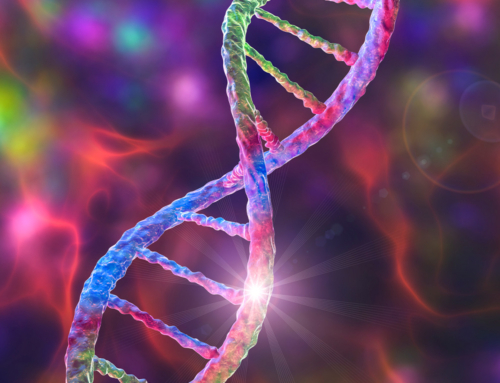A Trinity College study in Wednesday offers evidence that a strict diet high in fat and low in carbohydrates could reverse symptoms of autism.
The study, published Wednesday in the journal PLOS ONE, looked at the behaviors of mice bred to have the behavioral characteristics of autism. The mice were fed a high-fat, low-carb diet, known as a ketogenic diet. After three to four weeks, the symptoms of autism reversed significantly and the mice began to act similarly to the non-autistic mice.
Susan Masino, a professor of psychology and neuroscience at Trinity, led the study. Also contributing were researchers at the Legacy Research Institute in Portland, Ore.; the Jikei University School of Medicine in Tokyo; and University of Calgary in Alberta.
Masino said the ketogenic diet has been used for decades to treat epilepsy and is known to significantly reduce and, in some cases, eliminate, patients’ seizures. More recently, the diet has been studied as a means to treating other neurological disorders, including autism. A 2003 study out of Greece found that 18 of 30 children with autism showed improvement.






